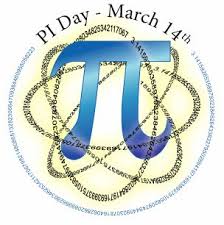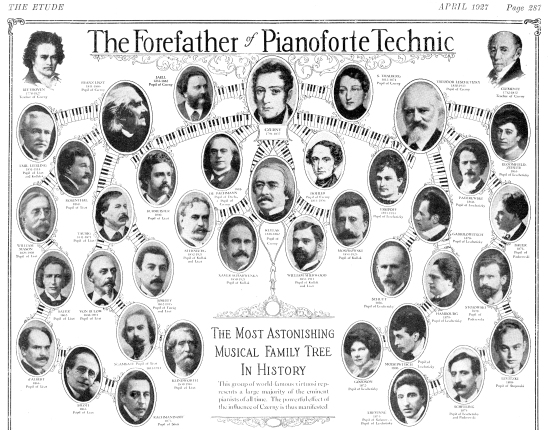• 1660 ~ Alessandro Scarlatti, Italian composer
More information about Alessandro Scarlatti
• 1895 ~ Lorenz Hart, American lyricist and librettist
More information about Hart
• 1901 ~ Bing Crosby, American actor and singer of popular music
• 1924 ~ Theodore Bikel, Entertainer, singer, actor
• 1938 ~ Ella Fitzgerald recorded one of her biggest hits, A-Tisket, A-Tasket, with Chick Webb’s band. Following Webb’s death, Fitzgerald took over the band for some three years.
• 1939 ~ “Peter and the Wolf” first heard in Moscow.
• 1946 ~ Leslie Gore, Singer
• 1960 ~ Harry Belafonte presented his second Carnegie Hall concert in New York City.
• 1965 ~ Ed Sullivan had said he would not have this British rock group on his CBS- TV Sunday night show again. This night, however, Ed softened up — and allowed Mick Jagger and the Rolling Stones to make a second appearance on The Ed Sullivan Show.
• 1985 ~ Larry Clinton passed away. He was a trumpeter who became a prominent American bandleader and arranger.
• 2001 ~ Robert McKinley “Uncle Bob” Douglas, a renowned mountain fiddler who debuted at the Grand Ole Opry at age 100 last year, died of pneumonia. He was 101. He was scheduled to receive the state’s highest arts award, the Governor’s Folklife Heritage Award, on May 15 at Nashville’s Ryman Auditorium. Douglas, a retired steamfitter who never pursued a lucrative commercial career, won the Smithsonian Institution’s national fiddling contest in 1975 and performed at the 1982 World’s Fair in Knoxville.
• 2003 ~ George Wyle, 87, who wrote the theme song to “Gilligan’s Island,” the Christmas classic “The Most Wonderful Time of the Year” and more than 400 other songs, died. “The Ballad of Gilligan’s Island,” which he wrote with the show’s creator and producer, Sherwood Schwartz, became one of the most popular television theme songs. The show debuted on CBS in 1964 and ran until 1967, and its reruns have remained popular. The New York native moved to Los Angeles in 1946 to write and conduct music for “The Alan Young Radio Show.” He went on to work as choral director for television shows including “The Dinah Shore Show,” “The Jerry Lewis Show” and “The Andy Williams Show.” He also handled music for specials by magician David Copperfield and Carol Channing and for the People’s Choice Awards presentations.









